Interprofessional Education
-
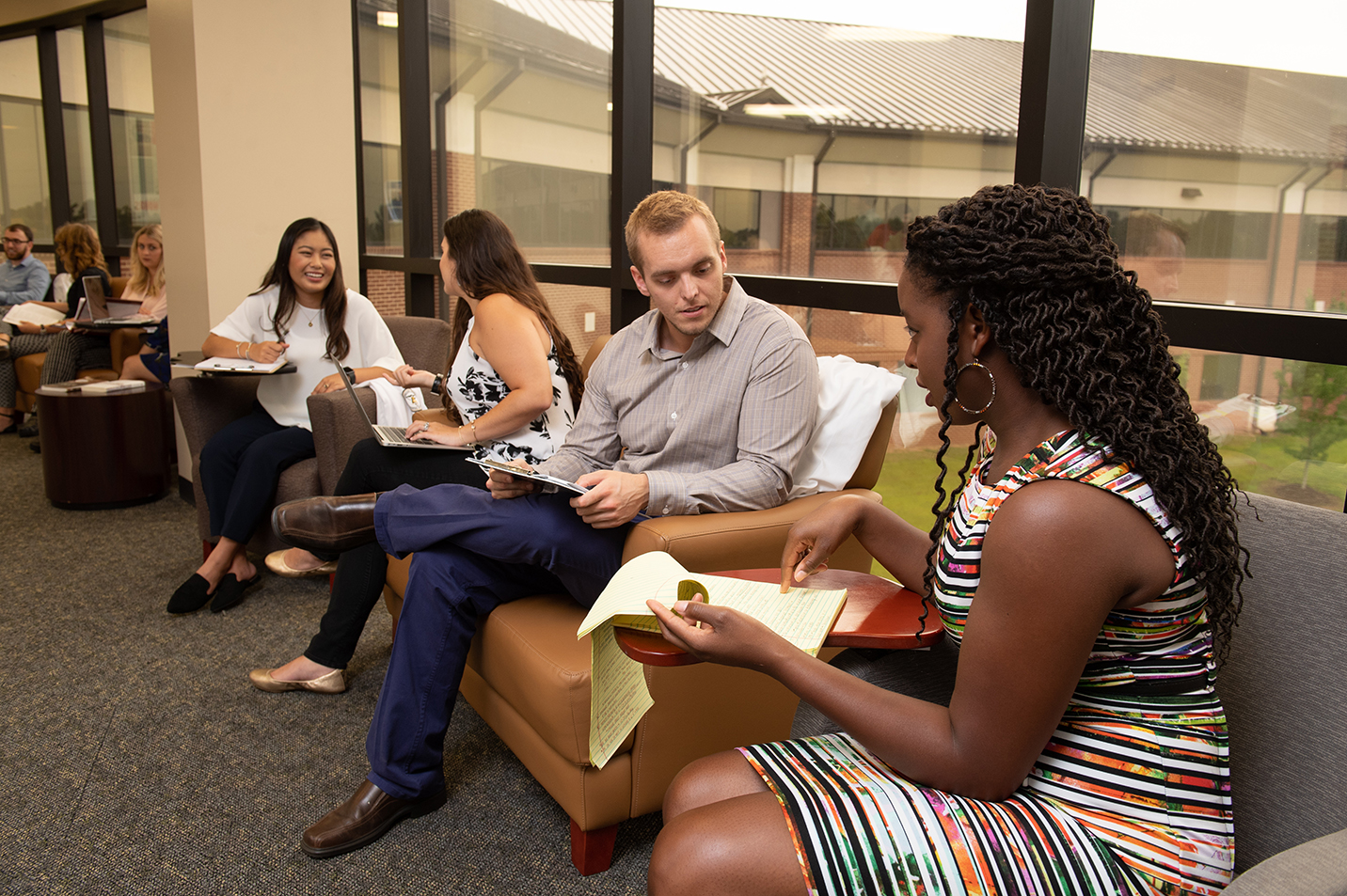
-
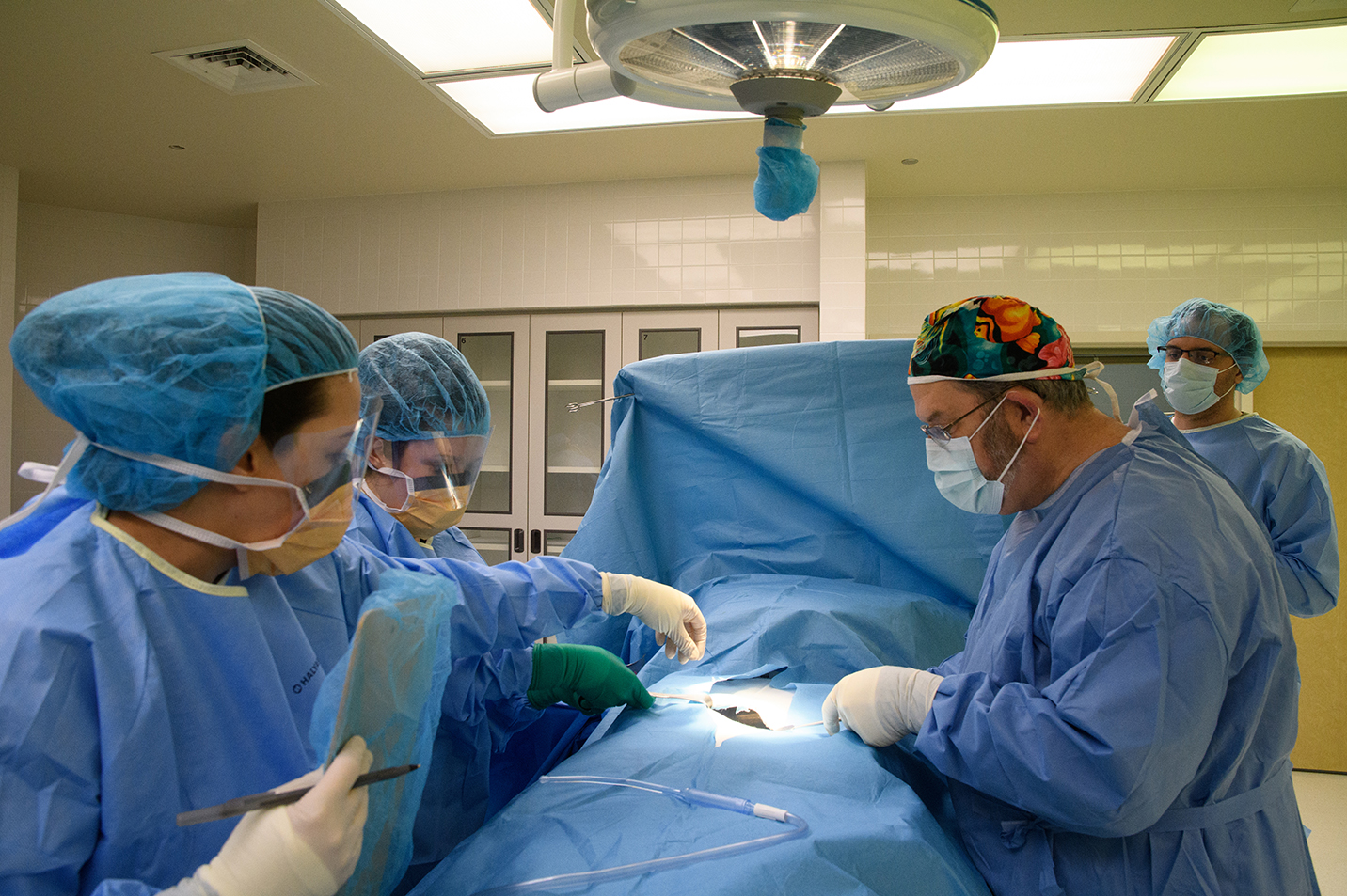
Work with individuals of other professions to maintain a climate of mutual respect and shared values.
-
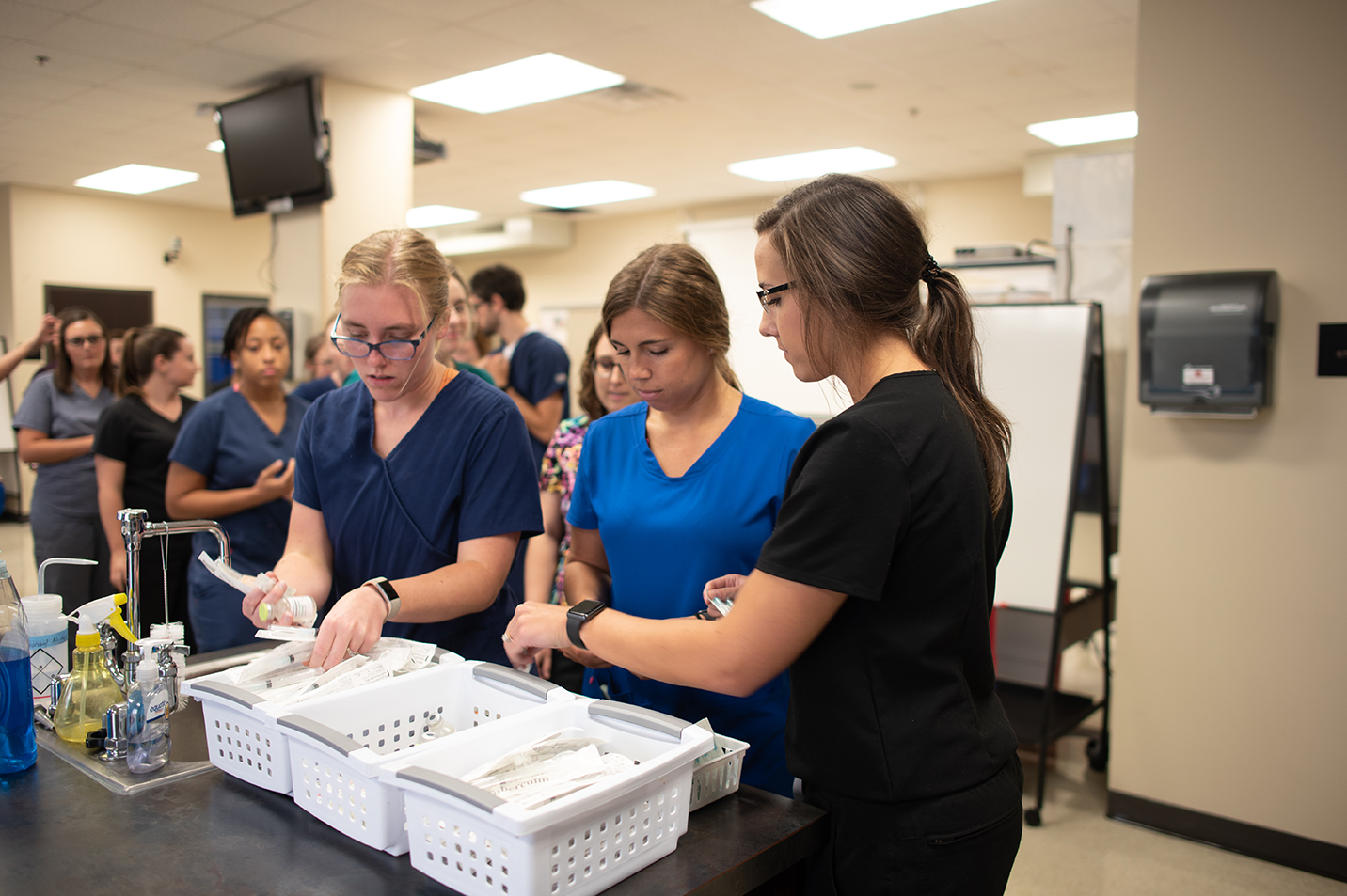
Use the knowledge of one’s own role and those of other professions to appropriately assess and address the health care needs of patients.
Each semester the Center for Health Sciences hosts interprofessional education activities for students in the health sciences fields. This includes the Colleges of Nursing, Pharmacy and Allied Health, which houses the Physician Assistant, Physical Therapy, Communication Sciences and Disorders, Strength and Conditioning, and Cardiac Function and Interventional Technology programs. Interprofessional Education (IPE) events are designed to create an opportunity for future health care professionals to develop collaborative practice skills with other professions.
What is IPE?
When those in two or more professions learn about, from and with each other to enable effective collaboration and improve outcomes for individuals and families whom they serve.
Our Mission
To prepare students as Christian servant leaders working as members of a collaborative health care team to improve patient wellness and clinical outcomes
Core Competencies
Each graduate will be competent in the following domains: Roles and Responsibilities, Communication, Values and Ethics, and Teamwork.
What is a disaster drill?
Take a look at our latest simulation organized by IPE.
The Office of Interprofessional Education offers a multitude of both in-person and virtual collaborative events throughout the school year such as: health screenings, acute care simulations, case presentations, special topic courses, gross anatomy labs, poverty simulations, disaster drills, virtual home assessments, cerebral vascular accident symposiums, telemedicine programs, IPE escape rooms, Night at the Roundtable events, Lunch & Learn events and IPE Movie Nights.
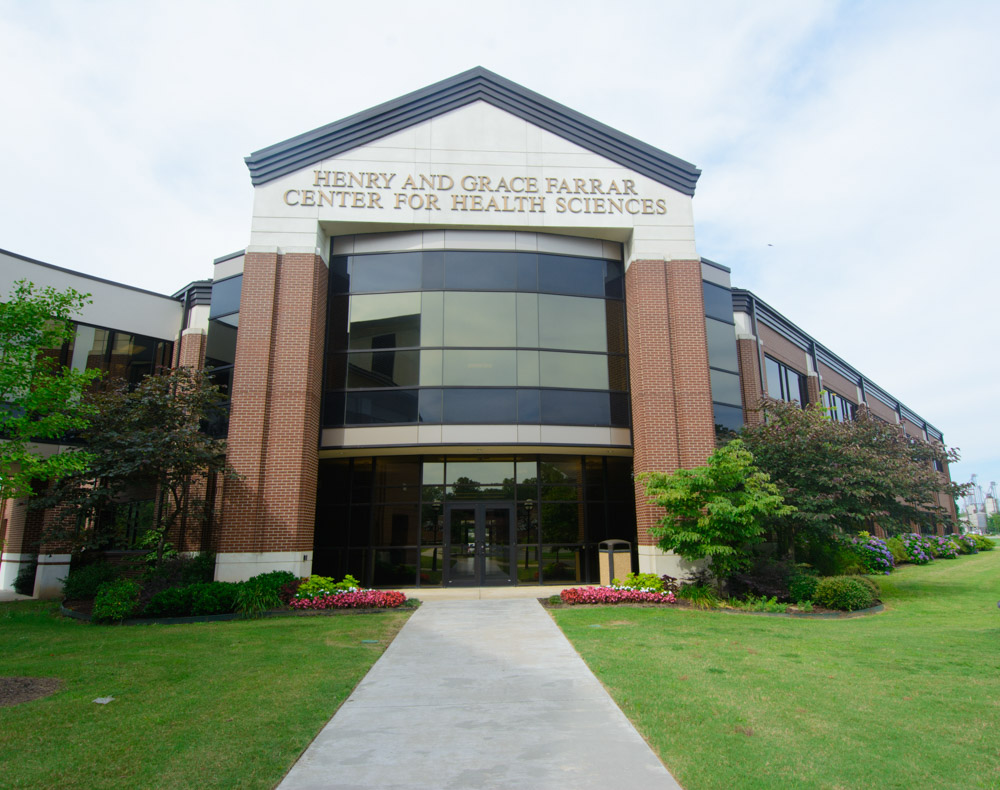
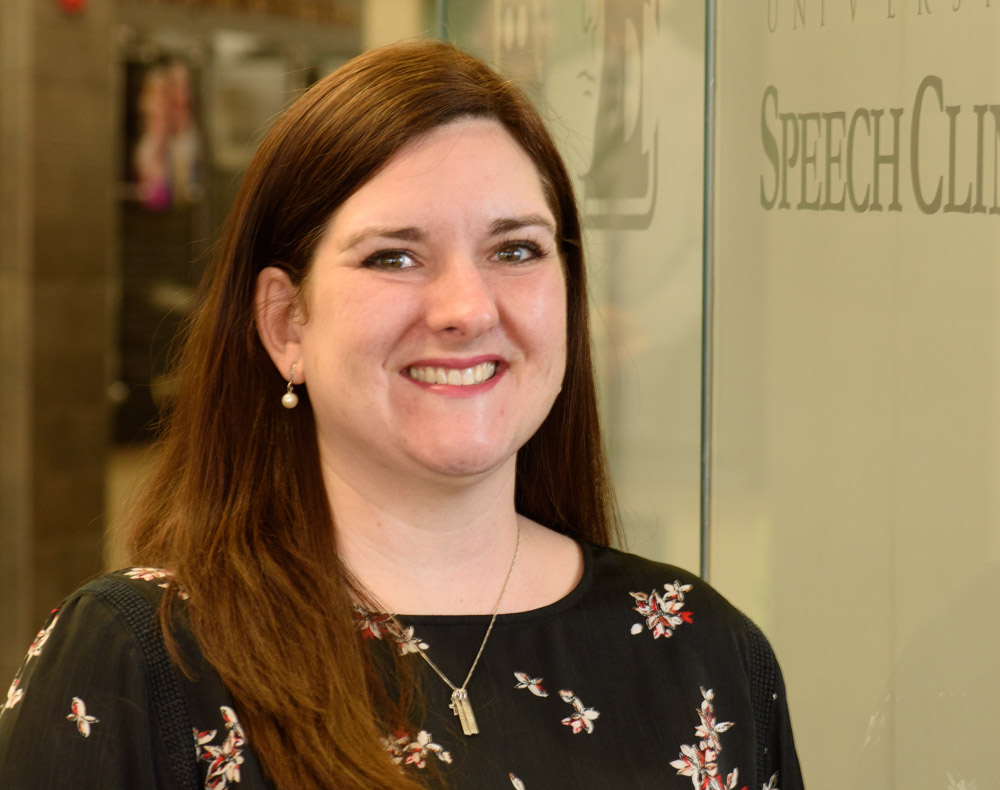
"We provide IPE because we are all involved in clinical practice and understand that service delivery is always better when different individuals with a variety of skills and gifts join together in a collaborative effort to treat the person served with the utmost of their collective abilities. We want to instill this as a clinical disposition in all of our students and demonstrate it for them regularly."
—Melanie Meeker, chair and associate professor of communication and sciences disorders
Faculty Committee
Debbie Knight, Pharm.D., CDP
Interprofessional Education & Co-Curricular Program Coordinator for Center for Health Sciences Associate Professor of Pharmacy Practice
Melanie Meeker, Ph.D., CCC-SLP
Chair of Communication Sciences and Disorder Associate Professor
Brian Cox, M.S.E.
Assistant Professor Exercise Science
Melissa Shipp, Pharm.D., BCPS
Associate Professor Pharmacy Practice
Daniel Chalenburg, M.S.
Simulation and Resource Coordinator Center for Health Sciences
Mary Madil, M.S., PA-C
Academic Director of the Physician Assistant Program Associate Professor
Anita Killins, PT, Ph.D., DPT, NCS
Associate Professor Physical Therapy
Greg Brooks, DNP, APRN, FNP-C
Assistant Dean of Student Affairs Associate Professor of Nursing
Contact Us
Interprofessional Education is part of the Center for Health Sciences.
Event Registration
Visit this page to register for upcoming events with it becomes available.

